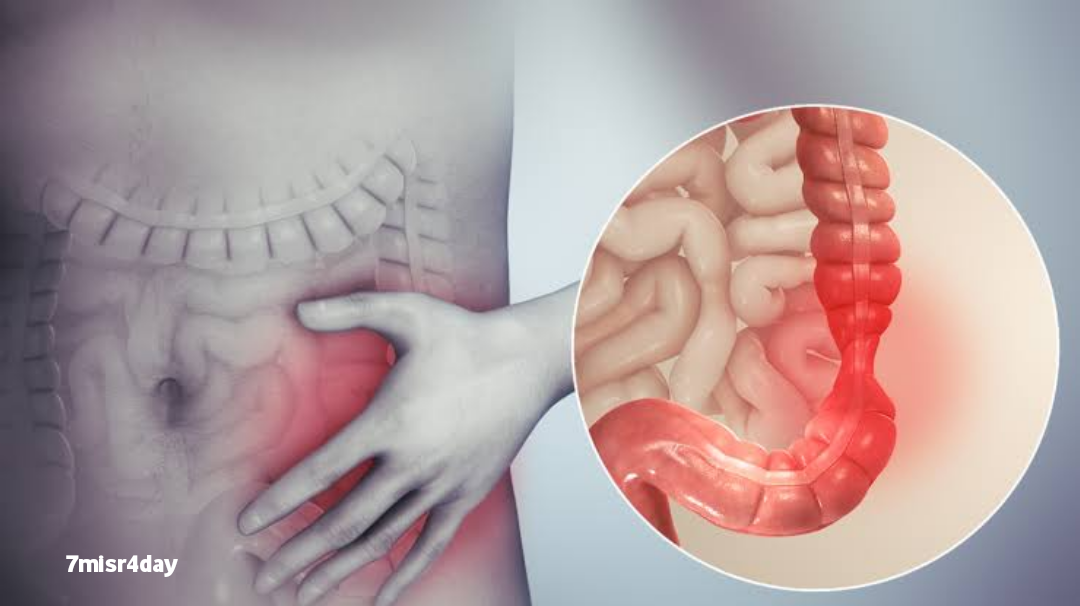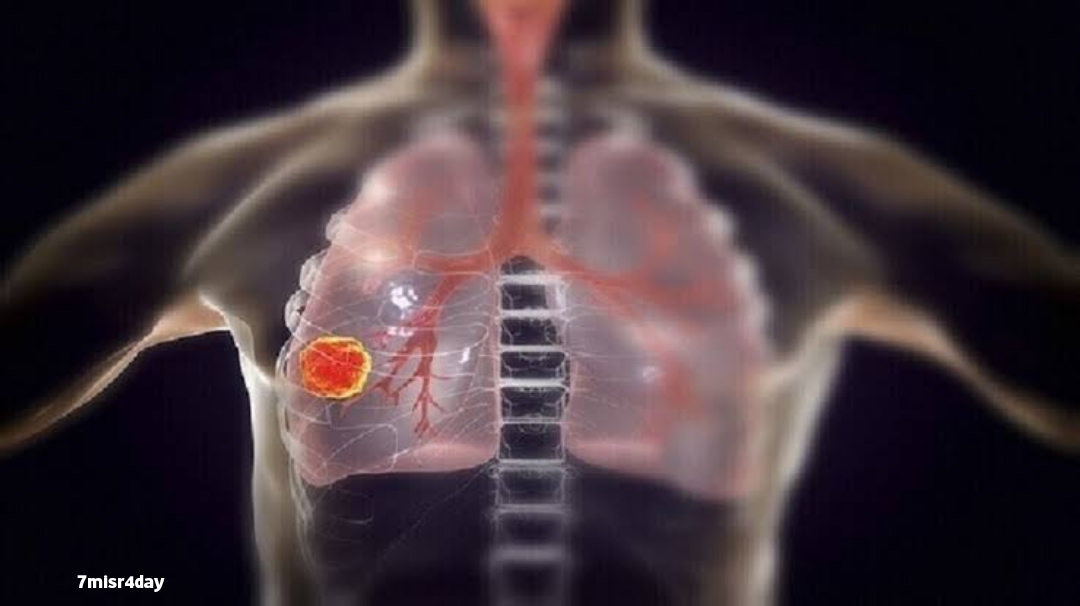Irritable Bowel Syndrome, today we will talk about a disease that is considered one of the common diseases, which is one of the most famous diseases of the current era, which is Irritable Bowel Syndrome, or as it is called IBS.
Irritable Bowel Syndrome is one of the most common gastrointestinal diseases in the current period and its prevalence exceeds 20% of the world’s population, especially the industrialized world.
It is a disorder that occurs in the patient’s digestive tract and greatly affects the large intestine, causing many problems and pain in this area.
It is through these problems and pain that irritable bowel syndrome is diagnosed, as this pain is a clear and explicit symptom of irritable bowel disease.
Let us know what are these symptoms and how do doctors diagnose this disease?
Symptoms of irritable bowel syndrome and how this disease is diagnosed
There are large amounts of stimuli that stimulate the appearance of IBS symptoms, and the most important of these stimuli are food, because consuming a large amount of food may cause the symptoms of Irritable Bowel Syndrome to appear quickly, and anxiety and stress also help the emergence of these symptoms due to hormonal shifts. that occur in the body due to anxiety and excessive tension, and the strength of symptoms may vary from person to person according to the condition of each patient, and here are the most important of those symptoms:
The main symptoms of Irritable Bowel Syndrome that occur in men and women:
1- Pain and cramps around the abdomen:
The pain and cramps that occur in the vicinity of the abdominal area are among the most important symptoms that the doctor diagnoses Irritable Bowel Disease on the basis of. It occurs in men and women, but is widely spread in men.
This pain causes discomfort to the patient because it comes repeatedly and intersecting in different parts of the abdominal area, it comes in the form of colic and cramps in many different areas of the abdomen.
Also, this pain comes in a cross in the form of varying attacks, and this pain decreases when excreting or eliminating gases in the abdomen.
2- Feeling of flatulence in the abdomen and accumulation of gases:
The colon patient always feels bloated in the abdomen and therefore always feels uncomfortable, as a result of the gases that accumulate inside the intestines of the Irritable Bowel Syndrome patient.
3- Feeling of changes in bowel movement:
Changes in bowel movement are a common symptom of spastic bowel syndrome, and most of these changes occur for both men and women, and the most important of these changes is the patient’s diarrhea or constipation, or different episodes of the two, which causes a feeling of fatigue and suffering after eating.
4- Feeling of some problems and disturbances in urination:
The patient feels the constant need to urinate continuously, and the patient also feels that he cannot empty the bladder completely, and even not completely control it, and therefore he continues to feel the need to urinate frequently and continuously, and this condition is called incontinence or easy urine, which is an increase and overactive bladder, which The patient feels uncomfortable and makes him need to urinate frequently, which causes psychological stress for the patient, and enuresis is one of the most important symptoms of Irritable Bowel Syndrome (IBS).
[the_ad id=”1906″]
5- Pains scattered in different parts of the body:
Irritable bowel syndrome patients feel pain in various parts of the body, such as back and spine pain, as well as foot pain and headache, and these symptoms are among the most important symptoms of irritable bowel syndrome.

The main symptoms of Irritable Bowel Syndrome that occur only in women:
The symptoms that we mentioned earlier occur for both men and women, but these symptoms that we will mention now are very famous symptoms among women.
1- Feeling of a mess in menstruation
One of the common symptoms in women with Irritable Bowel Syndrome is the feeling of pain and found in menstruation, where the patient feels severe pain in the abdomen and back, finds it difficult to sleep and move, and is exposed to other problems such as fatigue, fatigue, water retention, flatulence, and others. These symptoms are called menstrual syndrome associated with Irritable Bowel Syndrome (PMI).
2- Chronic pelvic pain
Women with Irritable Bowel Syndrome are the most vulnerable to chronic pelvic problems and pain. These diseases are the most prevalent among women, according to what was indicated by the global trade facility specialized in digestive and intestinal disorders. The facility explained in a previous report that 35% of women with Irritable Bowel Syndrome have pain. Chronic in the pelvis, and most of them face difficulties in urinating.
3- Frequent urination at night and feeling pain while urinating:
Frequent nocturnal urination is a symptom of Irritable Bowel Syndrome, where the patient feels pain during urination, and this pain is accompanied by a feeling of exhaustion, fatigue, severe fatigue, fatigue and exhaustion, one of the most important manifestations and problems associated with Irritable Bowel Disease.
These symptoms affect women more than men; Women are more likely to feel unwell, tired and tired, and some other psychological symptoms such as mood swings and a feeling of suffocation arise with them, and may even reach depression in some cases, which affects the life of the patient with Irritable Bowel Syndrome, and this is what we will explain in Exhibit No. 7 of IBS symptoms.
4- Feeling of psychological stress and nervousness:
Recent medical studies have shown that 70% of people with Irritable Bowel Syndrome suffer from moodiness, psychological and nervous stress, and some suffer from severe depression. These symptoms have been significantly observed in women, compared to men who suffer from the same disease.
Although the percentage of men who suffer from this problem does not differ much from women, the symptoms of anxiety, tension, psychological stress and nervousness appeared on females significantly more and spread among them slightly more than men.
The reason for this is that women are more likely to suffer from mental illnesses than men.
The constant anxiety and tension in women always helps exacerbate this problem and increase the symptoms of psychological stress and depression, and the reason for this is the patient’s nervous system.
The nervous system directly controls IBS and any problems that the nervous system is exposed to from diseases or some effects resulting from anxiety and tension and some other problems in that all of this negatively affects the nervous system and thus affects the patient’s nervous system in IBS, causing irritation and symptoms The syndrome is greatly affected because IBS responds quickly to stimuli from the motor nervous system.



